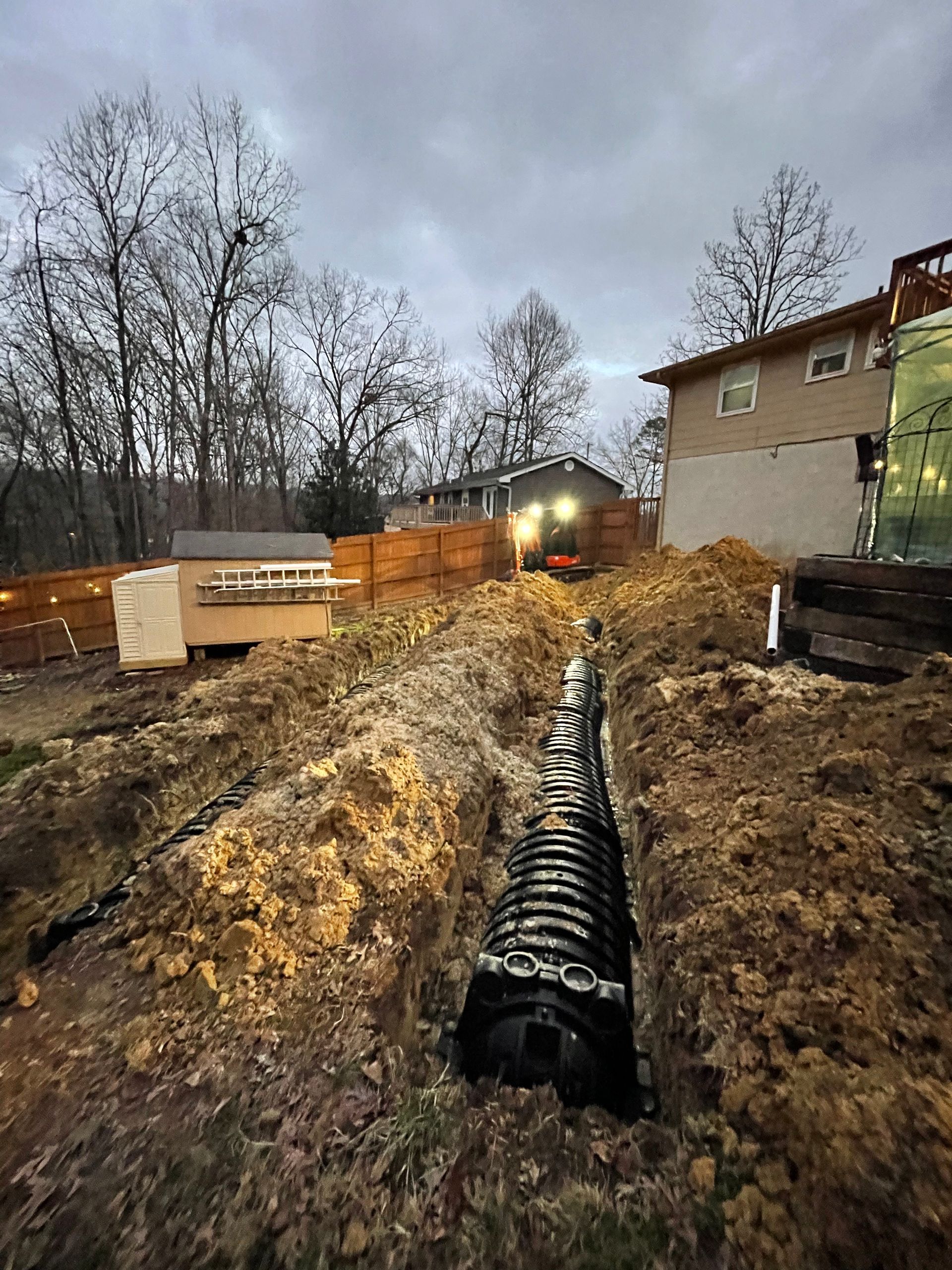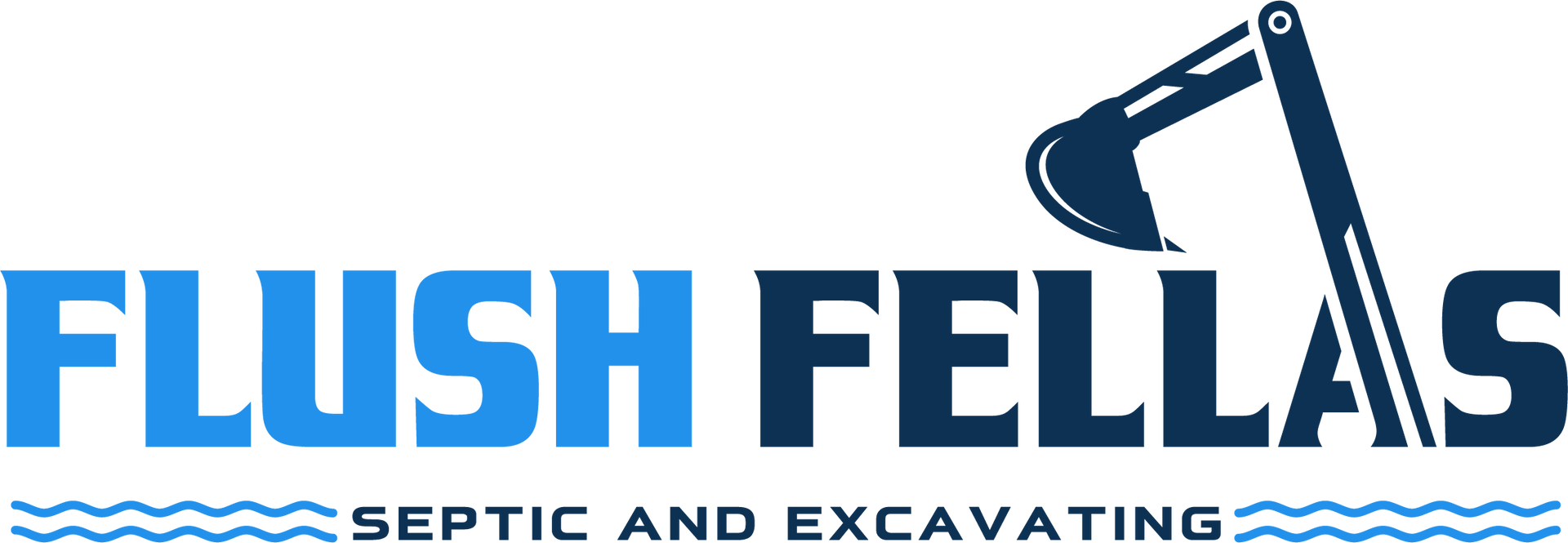Natural disasters cause some serious problems in our lives, whether it is about going to work, leaving the kids at school, or shopping for necessary items in the market. Everything just stops for a moment and all eyes are waiting for an end to the threatening disaster that is making everyone worried.
In this entire nerve-wracking situation, you must be careful and take safety precautions before anything happens to you or someone close to your heart. While there are several things we must have to do, a septic tank is one important thing that has to be prepared in times when natural disasters are expected.
Heavy rains, floods, storms, and other emergency situations can put your septic tank in jeopardy and create a lot of mess. To avoid such consequences, it is crucial to take appropriate measures in anticipation of a natural disaster. Do not get in contact with any flood water containing sewage as this is potentially full of bad elements and tends to be dangerous for health.
Harmful pathogens, bacteria, viruses, and other dangerous substances lead to a range of health problems, including skin rashes, infections, diarrhea, and other gastrointestinal illnesses. In some cases, exposure to sewage can even give you hepatitis A, cholera, or typhoid fever.
Septic systems are an effective way to treat wastewater. Well-constructed and regularly maintained septic systems are known for their ability to withstand potential disasters. When something like that happens such as heavy rains, floods, hurricanes, or earthquakes; there are 3 different time spans you will have to consider: Before, During, and After; each and every stage is important to ensure septic tanks remain safe and operational.
Wait a second.... if your entire septic system has collapsed and you want a new one then we are at your disposal.
Septic tank installation Chattanooga TN has never been easier and faster. Get in touch with us and live a life of convenience.
Before The Disaster
Prior to a natural disaster, seal the manhole covers and inspect the entire system. Make sure to check for any cracks, leaks, or other signs of damage that may cause problems after the disaster hits.
The septic tank has to be half full of water so that there is no displacement of the tank and its components during tough conditions.
Some septic tanks run through electricity if so, check and make sure the power is off to avoid electrical shocks. Wires, pumps, and other components shouldn't be left vulnerable to electric burst.
During The Disaster
When it's already happening, you must limit the amount of water usage to not let the floodwater overwhelm your system. Do not flush anything other than what is necessary and avoid using the laundry, dishwashers, and showers.
Use temporary toilets if needed. These toilets are easy to install and can be emptied when the situation is back to normal.
Sewage usually finds a way into standing water, avoid it at all costs as this carries legit health risks.
Drinking water wells get affected by floods - do not consume water that looks or tastes strange. Instead, use water bottles to fulfill your needs.

After The Disaster
When the whole event has passed and everything has become normal it is time to look into things deeply and take action according to the situation, we'll go into details for the post-disaster phase, but here are some key points:
Do not touch any electrical instrument of the septic system until it is dry and safe to operate.
At this point, you still aren't allowed to use water freely - flushing toilets, dishwashing, and laundry have to be avoided.
Check for any damage that may have occurred during the disaster. If anything has changed, make sure you get it repaired by a qualified technician as soon as possible.
Hire A Professional
If somehow your septic system seems to be damaged, call a professional to inspect it thoroughly. While doing this he/she will tell you about whether there is any major damage or if it only needs cleaning to be back in working condition. Septic tanks are underground and built well which means they don't get damaged easily but it can happen in unusual circumstances. There's a possibility that the tank or pump chambers might have consumed debris or dirt during the disaster which is why it's important to have it cleaned. From drainage fields clogged with mud or gravel to pumps being pulled out of the tanks, professionals can look into them and analyze what needs to be done in order to preserve your system.
Pump The Septic System
When it is safe and sound, it is time to pump the system. The tank and lift station will have to be pumped to make sure the entire system is free of waste and that it can run properly. Dirt, silt, and debris in the tank can cause clogs and reduce flow, which is why it's necessary to have it pumped out before using it again. However, if the tank surroundings are flooded, wait until everything is dry before pumping it out.
Combat Erosion
Catastrophic events can bring a lot of problems, erosion is one of them, it is possible that due to the heavy flow of water, some parts of your septic system have been moved away and the turf that used to cover it is gone. For the system to be back in working condition soil must not be washed away and the components of the system have to remain intact. Erosion control is a vital part of restoring your septic system, and replanting vegetation in areas that have been lost in order to stabilize the soil.
Check All The Electrical Devices
All electrical items should be double-checked around your house, whatever is found wet just make sure no one touches it until it gets dry. Anything related to the septic system has to be unplugged as it can cause electric shocks or worse, an electrical fire. Inspect all visible wiring, pumps, and other components for any damage or signs of wear and tear. It may seem a lot for an average person so call an expert to handle all that stuff otherwise, you will face terrible consequences.
Ensure Proper Maintenance
Whether an emergency event occurs or not, proper maintenance shouldn't be ignored. Your septic tanks require at least once in a three-year checkup, never take it for granted. Homeowners get into severe trouble when they don't pay attention to small details.
A well-maintained and constructed septic system will better withstand the stresses of heavy rains or flooding. Regular inspection is necessary to ensure proper functioning. During heavy rains and floods, the ground can become saturated, preventing proper operation of the system. For example, a septic tank can collapse or float out of position.
From water wastage to overflows and clogs. With time your tanks get filled with gunk which renders all the efforts useless, so make sure you have it checked every three years or sooner depending upon your usage.
The Flush Fellas believe that septic systems can be used for years without any problem. This is true people don't even need to replace their septic tanks for a long time. But you need to address issues firsthand.
Septic service Chattanooga is here for you; we understand that sometimes life can be unpredictable and some things are out of our control. But you don't have to worry, we treat our customers like family. We work hard in order to fix the problems and make sure they are all gone soon.
For more information on Flush Fellas Septic & Excavating and our services, feel free to reach us via phone today: (423) 498-9839.

About the author
Charles Chandler
Charles Chandler is the founder of Flush Fellas, a septic and excavating company based in Chattanooga, TN. With a passion for providing top-notch services to his clients, Charles has established himself as a prominent figure in the industry. He has extensive knowledge of septic systems, excavation, and drainage solutions, which he uses to offer customized services that meet the specific needs of his clients. Charles is committed to providing exceptional customer service and building long-term relationships with his clients. He is dedicated to staying up-to-date with the latest industry trends and innovations to ensure that Flush Fellas continues to offer the best services possible.


